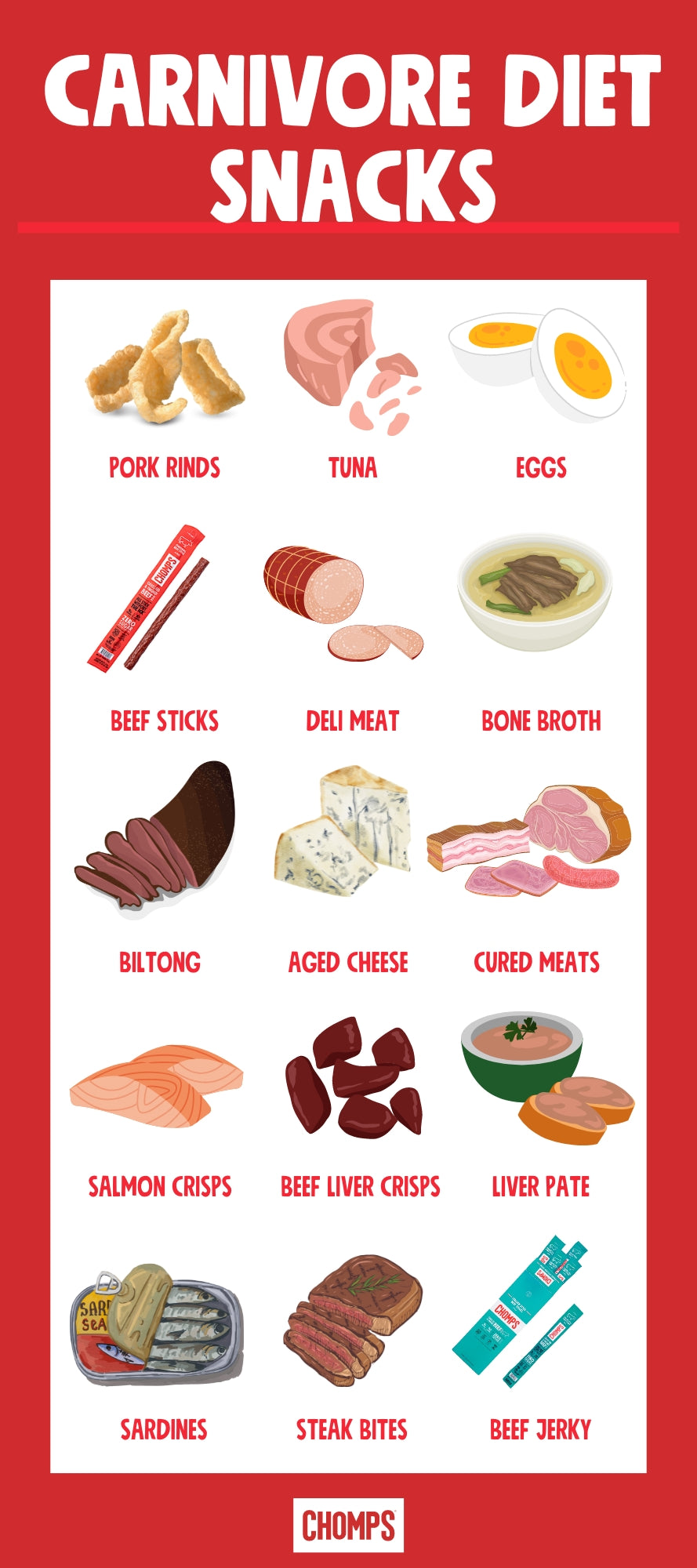Effective Ways to Enjoy a Heart Attack Burger in 2025
In recent years, the heart attack burger has gained notoriety as a culinary phenomenon, celebrated for its indulgent flavors yet criticized for its alarming health implications. As fast food culture continues to evolve, it is essential to balance indulgence with awareness of dietary choices and health risks. Understanding the nutritional value of these oversized portions and how they relate to heart health can empower burger lovers to make informed decisions while enjoying their favorite meals.
The appeal of a greasy burger, often loaded with low-quality ingredients, can trigger cravings that lead us to overlook the potential health consequences. With rising obesity rates and the prevalence of heart disease, the topic has gained traction in health circles. In this article, we’ll explore heart attack burgers, their impact on cardiovascular risk, and ways to moderately indulge without falling into unhealthy eating habits.
We'll also provide tips on making healthier choices and highlight potential alternatives for those who want to savor the taste without guilt. Whether you're a fast food aficionado or a gourmet burger enthusiast, understanding the roles of diet management and mindful eating can enhance your burger experience while maintaining heart health. Let's dive into the world of heart-attack burgers and discover how to enjoy them responsibly!
Understanding the Heart Attack Burger Phenomenon
The heart attack burger is characterized by its extreme composition — a calorie bomb that typically combines multiple types of meat, excess cheese, and toppings that are high in saturated fats and sodium. This combination not only entices the taste buds but also raises significant health concerns. The traditional greasy burger that once brought joy may now come with a heart health warning, making it crucial for consumers to approach these culinary delights with caution.
The Nutritional Profile of a Heart Attack Burger
It's essential to dissect the nutritional value of a heart attack burger to understand its role in the modern diet. These oversized portions can oftentimes contain staggering amounts of calories, with some varieties exceeding 1,500 calories per serving. Additionally, the high sodium levels can elevate blood pressure and lead to other cardiovascular issues.
Those who indulge in such burgers should be aware of the link between unhealthy eating habits and the obesity epidemic. Excessive consumption over time contributes to increased cholesterol levels, which are significant risk factors for heart disease. Monitoring calorie overload while savoring enriching flavors is critical for maintaining heart health.
Fast Food Culture and Unhealthy Eating Choices
Fast food chains have thrived on innovative marketing strategies that promote extreme burgers as the ultimate indulgence. However, this marketing often overshadows the reality of long-term health implications. The junk food culture created around burger consumption has made it easier for individuals to overlook the risks associated with fast food addiction.
Educational programs focused on nutrition awareness can help combat these trends, emphasizing the importance of making balanced dietary choices. A concerted effort toward understanding healthier fast-food options is essential in fighting the temptation to engage in dietary disasters.
Mindful Eating and Portion Control
In 2025, mindful eating has become a pivotal part of enjoying a heart attack burger. The principle encourages individuals to take a step back, appreciate the flavors, and moderate their consumption. Portion control is a vital aspect of balancing indulgence with health. Opting for smaller servings or splitting a burger with friends can allow for enjoyment of the meal without excessive calorie intake.
Furthermore, approaching meals without the anxiety of strict dieting can cultivate a healthier relationship with food. Being aware of your body’s hunger cues and the emotional responses to food can significantly affect your overall dietary habits.
Healthy Alternatives for Burger Lovers
For those who appreciate the heart attack burger experience but want to prioritize wellness, several healthier alternatives exist. Crafting homemade burgers can lead to displaying culinary creativity while controlling ingredients effectively. Choosing lean meats, whole-grain buns, and fresh toppings can drastically improve the nutritional content.
Substituting Ingredients for Healthier Options
One way to reduce health risks associated with a traditional heart attack burger is through thoughtful ingredient substitutions. Consider swapping out high-fat meats for leaner options or using turkey or plant-based patties to cut down on saturated fats. Instead of classic cheese, a sprinkle of avocado or a lighter cheese option can elevate flavor without overwhelming calorie counts.
Furthermore, using fresh vegetables and high-fiber components within the burger enhances nutritional value and contributes positively to digestion, thus offsetting some of the negative effects of unhealthy snacks. These mindful swaps ensure burger lovers maintain a heart-healthy lifestyle without sacrificing enjoyment.
Exploring Gourmet Burger Restaurants
Gourmet burger restaurants have gained popularity, offering more nutritionally balanced menu options. These establishments often emphasize quality ingredients, which can lead to a better balance of taste and health. Opting for cabbage slaw or a side salad with homemade toppings can create a much healthier meal without losing essence or flavor.
Beyond standard replacements, many gourmet joints now feature vegetarian and vegan options that further diversify dining choices while catering to dietary restrictions. Engaging in a health-conscious culinary experience at a gourmet restaurant provides a wonderful way to savor a satisfying meal.
Caloric Awareness and Dietary Guidelines
While indulging is tempting, a solid understanding of dietary guidelines is necessary for making wise choices. Recognizing calorie awareness is critical when navigating fast food menus and selecting dishes that won’t compromise heart health. Meal planning and mindful eating reinforce a balanced diet conducive to a healthy lifestyle while still enjoying life’s pleasures.
Engaging with resources on nutrition, such as meal delivery services and cooking classes, can further bolster understanding around what constitutes a heart-healthy option. Ultimately, instilling awareness regarding unhealthy eating habits can cultivate a foundation for sustainable, long-lasting health.
Health Consequences of Excessive Fast Food Consumption
Examining the broader implications of consuming a heart attack burger demands a conversation around the health consequences faced by individuals regularly indulging in such meals. The relationship between high trans fats, sodium levels, and health ailments such as heart disease and obesity can't be understated.
Cholesterol Levels and Heart Disease Risks
The increased consumption of high-sodium, high-cholesterol foods is closely linked to rising health risks like heart disease. Burgers that contain trans fats elevate bad cholesterol while decreasing good cholesterol levels, thus contributing to cardiovascular issues over time.
Healthcare professionals encourage those who frequently indulge in unhealthy burgers to seek nutritional education or professional advice. Understanding how dietary choices impact personal health and what preventative strategies may be utilized is integral for future wellness.
The Obesity Epidemic and Lifestyle Changes
The fast food industry's impact on obesity rates is observable, yet change is possible. Shifting towards healthier meal alternatives, bringing balance into our diet, and integrating regular exercise can contribute to effective weight management and cardiovascular health.
Adopting an active lifestyle and engaging in mindful eating practices can combat fast food addiction, addressing food cravings in a healthier context. Finding inspiration from heart-health guidelines can empower individuals to choose meals that optimize their well-being.
Long-Term Impact of Poor Dietary Choices
Leaving excessive munching on greasy burgers in the past can lead to improved health outcomes. Long-term implications of maintaining bad eating choices include an increased risk of diabetes, high blood pressure, and a plethora of other health issues. Transitioning towards balanced meals not only enhances physical fitness but also influences mental well-being.
Creating Your Own Heart-Healthy Burger Recipes
Incorporating homemade heart-healthy burger recipes into your routine allows full control over ingredients while keeping enjoyment intact. Creative cooking can alleviate food anxiety and promote healthier eating habits.
Cooking Techniques for Healthier Burgers
Utilizing grilling and baking methods rather than frying allows reduction in unnecessary fats while retaining flavors. Marinating meats with fresh herbs and spices adds depth to your burger without hefty sodium intake. Additionally, experimenting with different flavors can elevate the dining experience, proving healthier options can be delicious.
Another consideration includes serving with whole ingredients, preparing fresh toppings, and avoiding packaged condiments laden with sugars. When navigating a homemade approach, health should align with flavor innovation, ensuring lasting satisfaction.
Engaging With Global Burger Styles
Exploring global burger styles introduces varied flavors and dish qualities along the way. Options may present lower-calorie alternatives or integrate health-conscious ingredients perceived from different cultures. Plant-based techniques and veggie-burger recipes from cuisines worldwide may help broaden your dietary diversity without compromising taste.
This introduction of cultural flavors can enrich one’s food experience while maintaining nutritional value, showcasing the beautiful balance of enjoyment and health awareness.
Expert Recommendations for Burger Lovers
Summoning knowledge from nutrition experts, various recommendations promote healthier burger consumption. These strategies encompass ingredient selection, cooking methods, and portion control. Focusing on maintaining a lean diet while including occasional indulgences cements a balanced and fulfilling approach to meals — ultimately avoiding the potential pitfalls that come with heart attack burgers.
Q&A Section
What are the symptoms of a heart attack related to burger consumption?
The symptoms of a heart attack can vary but often include chest pain, shortness of breath, and fatigue. Consuming high-fat foods can increase risks. Those with pre-existing conditions should consult their healthcare provider for personalized dietary advice.
How can I manage my weight while still enjoying burgers?
Weight management is achievable through portion control and ingredient substitutions. Additionally, engaging in regular physical activity fosters a balanced lifestyle, permitting occasional indulgences without negative consequences.
Are there healthier fast food burger options available?
Yes, many fast food chains now offer lighter fare or modifications that reduce caloric content. Look for options emphasizing grilled proteins and lots of vegetables to bolster nutritional value while enjoying a burger.
What dietary choices can help prevent heart disease?
A diet rich in fruits, vegetables, whole grains, and lean proteins is vital in preventing heart disease. Regular exercise, maintaining a healthy weight, and understanding your personal risk factors create a comprehensive approach to heart health.
Can gourmet burgers be a healthier alternative?
Gourmet burgers often emphasize quality ingredients and healthier cooking methods. Choosing restaurants that prioritize fresh, low-quality ingredients can facilitate a more health-conscious burger experience — striking a perfect balance between flavor and health.


